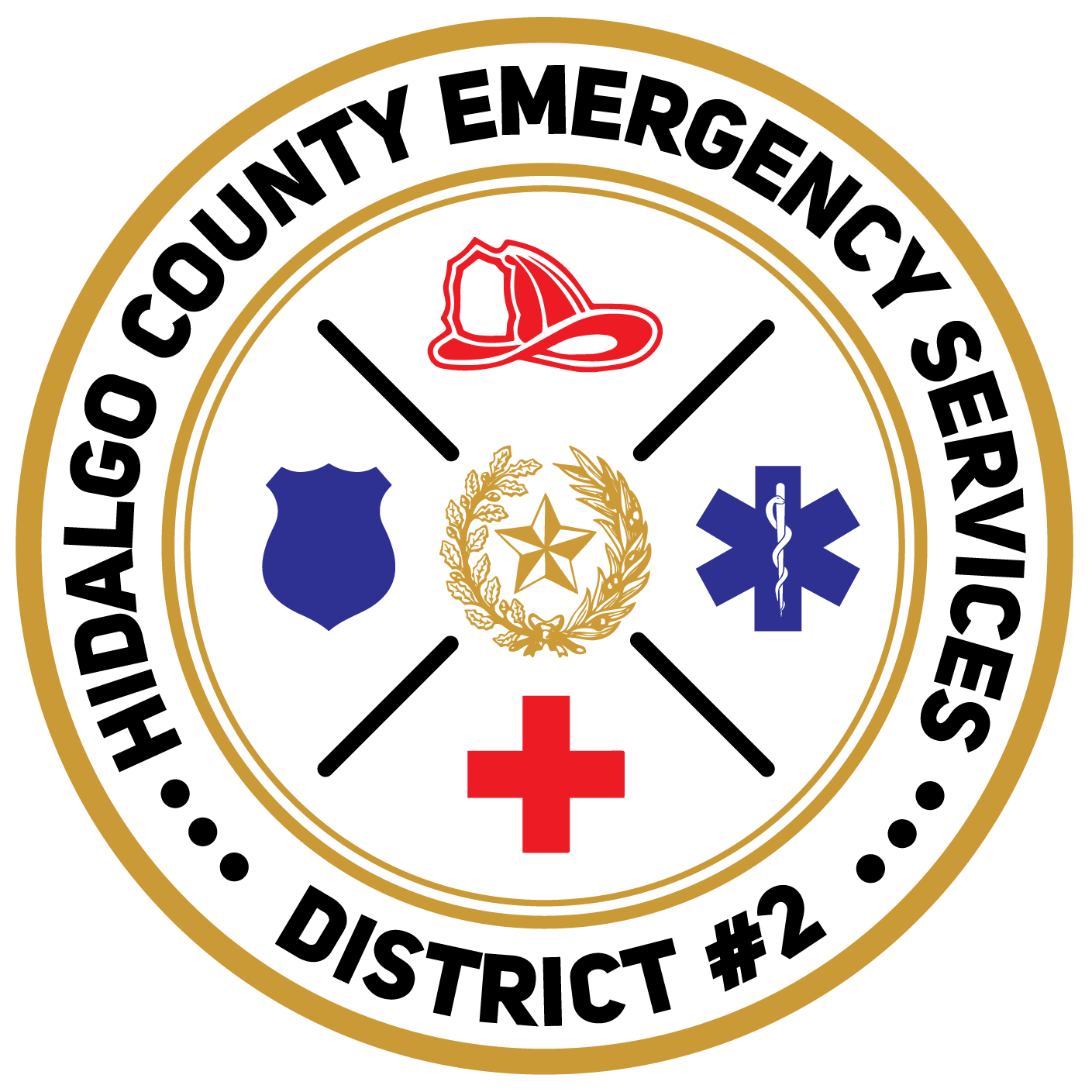Navigating Emergency Medical Services (EMS): A Step-by-Step Guide to Calling 911 and What to Expect
- HCESD #2

- Mar 18, 2025
- 3 min read
Emergency Medical Services (EMS) play a vital role in our healthcare system. As the first responders to medical emergencies, they provide crucial care in situations ranging from heart attacks to serious injuries. In the Delta Area, the HCESD 2 EMS teams are particularly focused on delivering lifesaving assistance when every second counts. Knowing when and how to call 911 can significantly impact survival rates and health outcomes during emergencies.
When to Call 911
Recognizing the right time to call 911 is essential. Here are specific conditions that warrant an emergency call:
Severe chest pain or difficulty breathing: These could be signs of a heart attack. According to the American Heart Association, about 805,000 Americans have a heart attack each year. Prompt action can save lives.
Uncontrolled bleeding or serious injury: Any injury causing significant blood loss, such as a deep cut or a broken bone, requires immediate medical attention.
Signs of a stroke: Watch for sudden numbness on one side of the body, confusion, or slurred speech. Remember the acronym FAST (Face, Arms, Speech, Time) to identify potential stroke symptoms quickly. The CDC states that about 795,000 people in the U.S. experience a stroke each year, highlighting the urgency of response.
Seizures, loss of consciousness, or sudden confusion: These symptoms can indicate a serious medical condition, such as a neurological disorder.
Severe burns, poisoning, or allergic reactions: Situations like third-degree burns or anaphylactic shock can escalate quickly, necessitating immediate medical intervention.
Any life-threatening situation: If you suspect that someone's life is in danger, it is always safer to call for help.
What to Expect When You Call 911
When calling 911, staying calm and providing clear information is key. Here is what you can expect:
Your location: Clearly state your address or a nearby landmark to help the EMS team find you quickly.
Nature of the emergency: Describe the situation in detail. Mention any visible changes, such as difficulty in breathing or if the person is unresponsive.
Any first aid administered: Inform the dispatcher if you are performing CPR or any other initial treatment so they can guide you further. For example, if CPR is being given, the dispatcher can offer advice on how to continue effectively.
Your phone number: This allows for a follow-up if additional information is needed.
What Happens Next?
Once you've called 911, the following steps take place:
EMS Dispatch: Paramedics are immediately dispatched to your location. Every moment is crucial in a medical emergency.
Pre-Arrival Instructions: The dispatcher may give you instructions to follow while you wait for EMS to arrive. This could include specific first aid techniques tailored to the emergency.
EMS Response: Upon arrival, trained paramedics will assess the situation, provide necessary stabilization, and prepare the patient for transport to a medical facility. According to a study by the National Highway Traffic Safety Administration, faster response times can improve survival rates in emergencies significantly.

HCESD 2’s Commitment to Emergency Medical Care
At HCESD 2, we prioritize immediate and effective emergency responses. Our team provides not just ambulance transport but also paramedic support and first aid. In fact, our average response time is under eight minutes, ensuring you receive prompt care when it matters most.
Understanding when to call 911, along with knowledge of EMS services, is crucial for community safety.
The Importance of Being Prepared
Being prepared for emergencies can empower you and your loved ones. Familiarizing yourself with what constitutes a medical emergency and how to communicate that to a 911 dispatcher is invaluable.
Taking first aid courses can equip you with essential skills and boost your confidence. For instance, the American Red Cross states that individuals who complete CPR training feel more prepared to act during emergencies.
Final Thoughts
Emergency Medical Services (EMS) act as a critical lifeline during health crises. By understanding when to call 911, what information to provide, and what to expect, you can take an active role in securing swift assistance for yourself or others.
If you ever believe a situation is life-threatening, do not hesitate to call for help. Trust that our dedicated EMS teams are trained and ready to provide care when it matters most.

The role of EMS in our community is invaluable. Enhancing your understanding of these services improves not only your safety but the safety of those around you. Always be alert and prepared—you never know when that critical call might be necessary.









Comments